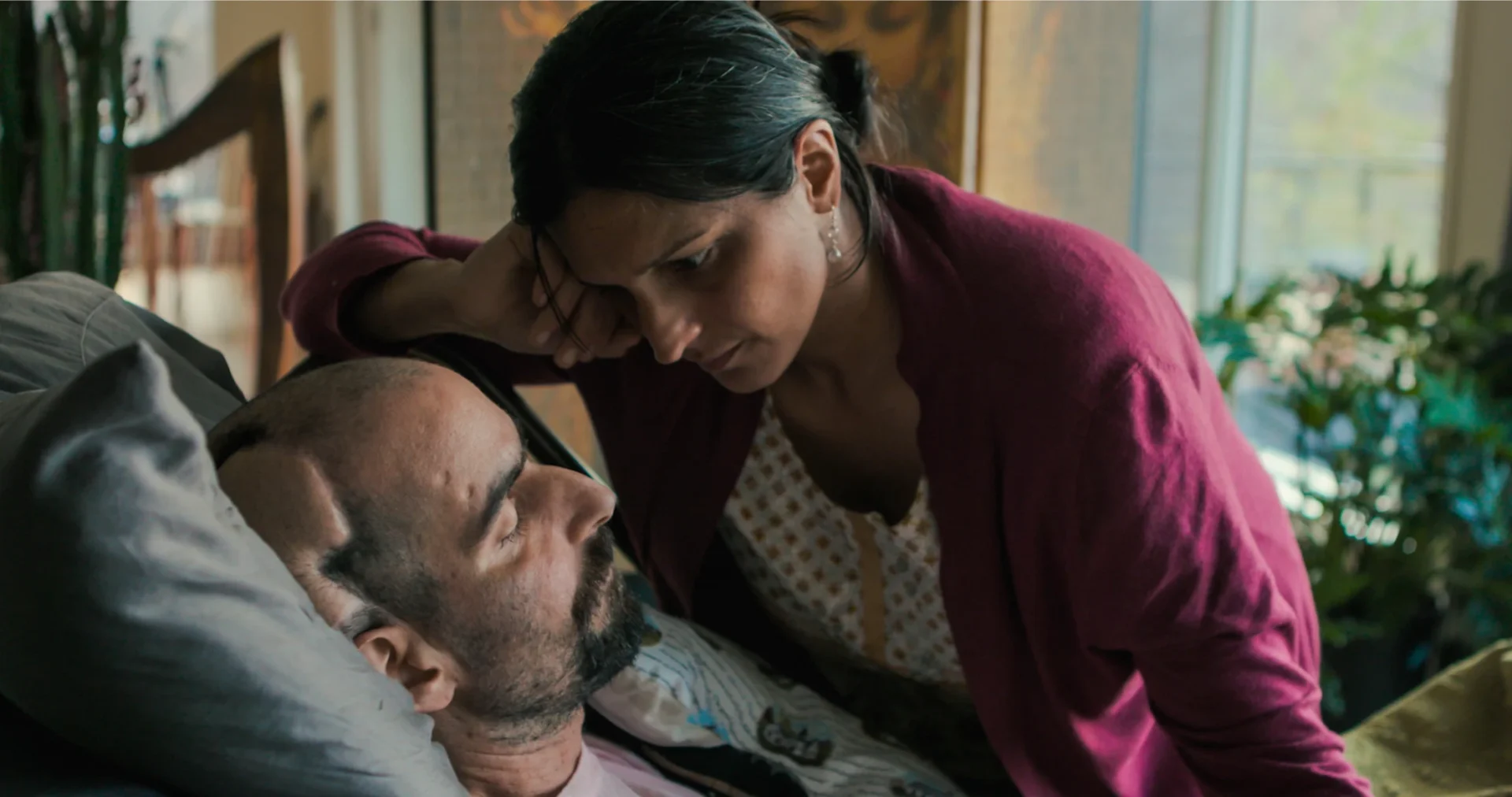Ethan Sisser, a Jewish-American massage teacher and yogi, faced the inevitability of death due to brain cancer at the age of 36. In a unique choice, he decided to spend his remaining days surrounded by a community of strangers, documenting his journey via live streams on social media, fostering an open discussion about the process of dying.
“The Last Ecstatic Days,” an upcoming documentary, brings Sisser’s final journey to the fore, demonstrating his resolve to face death with positivity, acceptance, and full awareness of the present. With the assistance of Dr. Aditi Sethi, a hospice physician, and end-of-life doula, Sisser spent his last days in a serene setting in North Carolina’s Blue Ridge Mountains, enveloped in a caring community that offered music, spiritual connection, and holistic care.
This thought-provoking narrative compels us to consider our own mortality and the concept of dying well. Advance planning for end-of-life care, including the location, people present, and necessary professional assistance, could help assuage the fear of dying and foster a sense of control over this inevitable stage of life. Organizations and professionals, like death doulas, can provide the necessary support to ensure a peaceful ending, offering emotional companionship, logistical support, and end-of-life care planning.
Understanding what the final days could look like, as shown by Sisser in “The Last Ecstatic Days,” could help alleviate fear and promote acceptance of the process. Inclusion of spiritual or religious rituals could also provide immense comfort during this time, offering solace and a sense of connection to something greater.
Several organizations, like the Hong Kong-based charity Say Yeah, promote a positive approach to death and end-of-life discussions. They provide services like living funerals, allowing individuals facing their end-of-life to celebrate their journey and achieve a sense of closure.
Financial considerations are essential in planning a peaceful end, with various options available for end-of-life care, each with its own costs. While dying at home may seem ideal, it may not always be feasible without proper infrastructure and round-the-clock support. Hospices, if available, could be a more affordable and comforting alternative, depending on the healthcare insurance coverage and available resources.
Dr. Sethi, inspired by her experience with Sisser, has established the Centre for Conscious Living and Dying, a community care home that offers end-of-life care in a homely environment. Through these initiatives, conversations around death are being brought into the open, promoting acceptance and helping individuals embrace life more profoundly by recognizing mortality as a natural part of life.
READ MORE:
